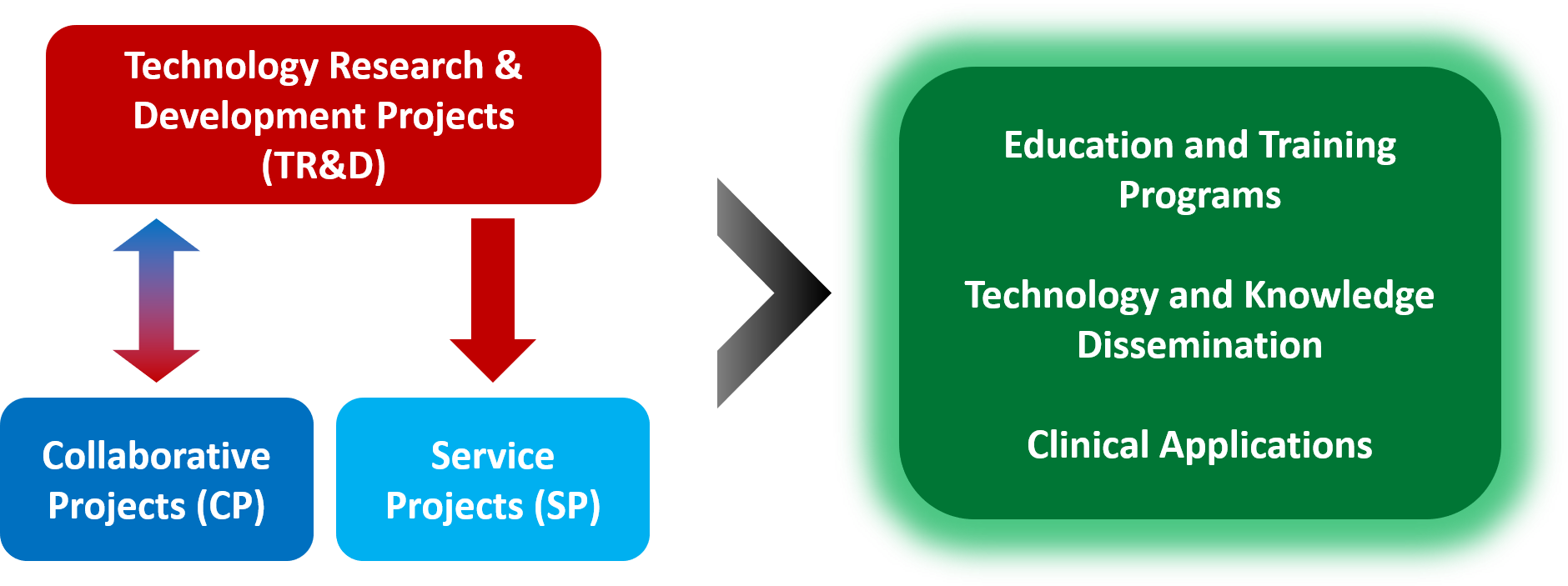Tissue Engineering and Biofabrication Research Experiences for Undergraduates (REU) Program
The objective of the CECT Tissue Engineering and Biofabrication REU Program is to introduce undergraduates with engineering and science backgrounds to a diverse research environment involving tissue engineering and biofabrication. Our four principal goals are:
- Recruitment and selection of undergraduates from institutions with varying levels of tissue engineering and biofabrication research
- Have a diversified research program in tissue engineering and biofabrication
- Promote team-based and cross-disciplinary research within this field
- Expand the students’ knowledge of emerging technologies and trends, preparing them for graduate studies or a professional career
The CECT REU Program will be administered through the University of Maryland, where enrolled students will be primarily located. Some students may be enrolled at Rice University and Wake Forest Institute for Regenerative Medicine, depending upon student interest, and these students will be managed on a case-by-case basis. Similarly, if interested students wish to work with investigators leading Collaborative Projects or Service Projects, then this will also be explored as long as proper oversight can be provided and maintained.
Regenerative Medicine Essentials Course and 3D Printing and Biofabrication Workshop
Dr. Anthony Atala is the Director of the one-week
Regenerative Medicine Essentials (RME) course offered each summer. The RME course brings together 35 to 40 prominent, world-class, distinguished experts from the Wake Forest Institute for Regenerative Medicine, industry, government, and other academic institutions, and research centers from across the U.S. and globe. The course provides a state-of-the-art review of various aspects of regenerative medicine and addresses the science and technologies behind regenerative medicine, its application to human disease, and its importance to modern society. Eight-course sessions integrate information, technologies, and skills from biological sciences, engineering, biofabrication and manufacturing, legal, commercial, regulatory and ethical disciplines.
The 3D Printing and Biofabrication Workshop within this course contains demonstrations with cutting-edge technologies for regenerative medicine applications, with a particular focus on 3D printing and biofabrication platforms, providing an additional forum to address CECT themes and highlight developments in all three TR&Ds by the corresponding PIs and well as showcase opportunities for collaboration. The workshop provides the basics of 3D printing, including a hands-on workshop, introduction to 3D design software, and insight into the specific challenges encountered when translating 3D printing to biofabrication, such as the development of specific bioinks and the required control over processing conditions. Finally, the workshop also provides state-of-the-art examples of how biofabrication is currently translated from the bench towards the bedside. Selected trainees in the program will be sponsored to attend the course and workshops.
Rice Advances in Tissue Engineering Short Course
Dr. Antonios Mikos has been
the organizer of the continuing education course, Advances in Tissue Engineering, offered annually at Rice University since 1993. The course surveys the latest knowledge and technologies in the world of patient-specific therapeutics - from synthetic scaffolds to drug delivery systems - with over 40 faculty from Rice University, the Texas Medical Center, industry, and other institutions.
CECT will add one day to the course focusing on complex engineered tissues and biofabricated strategies. This will serve primarily as a forum to address themes related to the Center and highlight developments in all ongoing projects. PIs from the TR&Ds as well as CP and SP collaborators are invited to speak at the Course. In addition, selected trainees in the CECT are sponsored to attend the Short Course, thus establishing a mechanism to highlight the work of the CECT while also providing an unparalleled educational opportunity for the younger researchers associated with the CECT.
